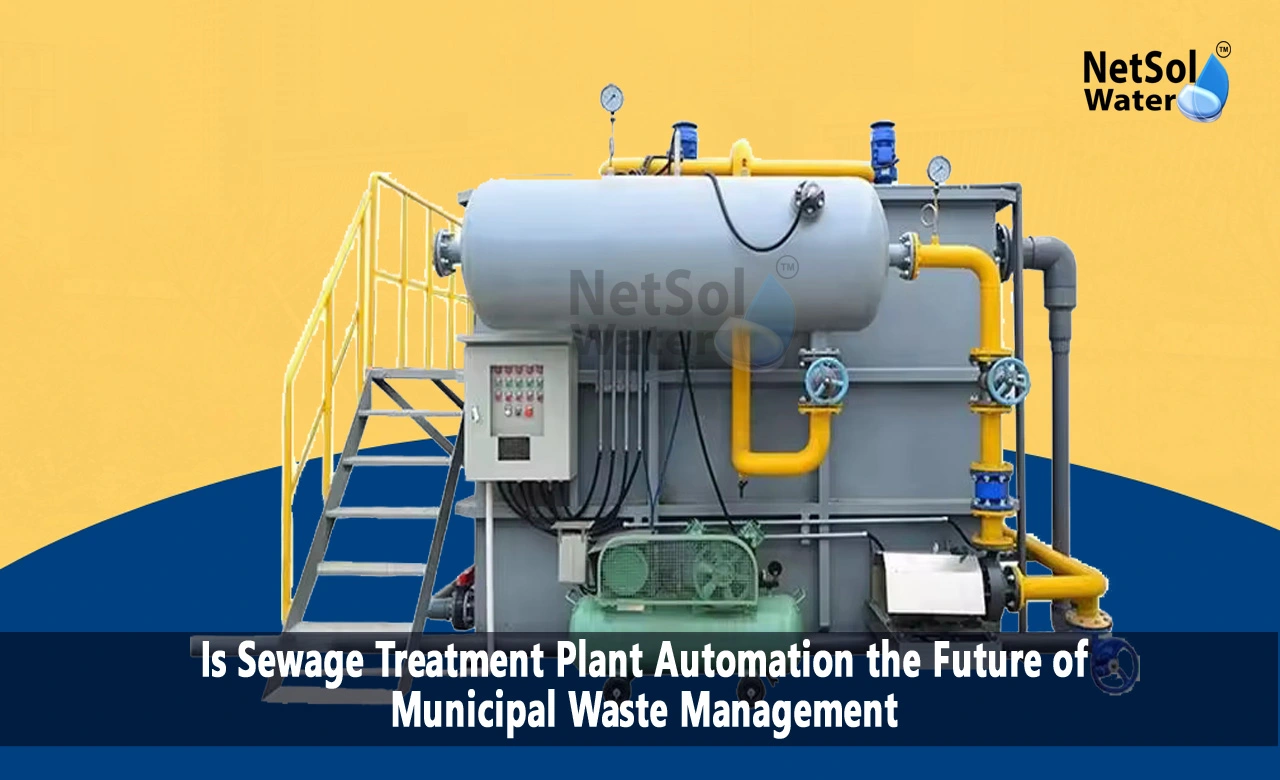Is STP Plant Automation the Future of Municipal Waste Management?
With rapid urbanisation and growing populations, municipal corporations are facing immense challenges in managing the enormous quantities of sewage and wastewater being generated daily. Conventional sewage treatment methods are not just operationally intensive but also prone to human errors that compromise treatment efficiency. This is where automation of sewage treatment plants (STPs) could provide the solution for consistent, reliable and cost-effective wastewater management.
What is STP Automation?
Automation involves using advanced instrumentation, controls, and software to operate sewage treatment processes with minimal human intervention. The various stages, from preliminary screening to final disinfection, are continuously monitored and regulated by integrated computer systems based on real-time sensor data. Key aspects include:
• Automatic flow regulation and chemical dosing
• Remote monitoring and control via SCADA
• Data logging and performance optimisation
• Real-time quality monitoring and adjustments
• Predictive maintenance alerts
Benefits of Automated Sewage Treatment
1. Consistent Treatment Quality
With automation, treatment parameters like aeration levels, sludge recirculation, chlorine dosing etc. are precisely controlled to meet desired effluent standards every time. This overcomes inconsistencies from manual operations.
2. Reduced Manpower Requirements
Once programmed, automated STPs require minimal on-site manpower for supervision and maintenance - thereby lowering costs. The remote monitoring capabilities further reduce travel/manpower.
3. Optimized Resource Usage
Sensors provide real-time data on water quality, chemical consumption, energy usage which enables optimisations to be implemented through automated controls for cost savings.
4. Reliable 24x7 Operations
Automated logic controls and failsafe mechanisms allow sewage treatment to continue uninterrupted around the clock without being affected by fatigue, lapses or shift changes.
5. Lower Operational Costs
Automated STPs bring down costs through manpower savings, chemical/energy optimisations and predictive maintenance, preventing unexpected breakdowns and downtime.
6. Environmentally Sustainable
Precise process control improves treatment efficiency, enabling water recycling and reduction of carbon footprint through energy optimisations during high-load scenarios.
7. Data-Driven Decision Making
By capturing granular data across all treatment stages, automated STPs provide transparency and analytical insights for continuous process improvements over time.
Is Automation the Way Forward?
Given the growing sewage burdens on municipalities and scarcity of water resources, there are compelling advantages to upgrading existing sewage treatment infrastructure with automation:
• Aging sewage plants can be retrofitted with rugged, precise industrial automation systems for a new lease on life rather than rebuilding from scratch.
• New treatment facilities being constructed can directly incorporate advanced automation and monitoring capabilities from the outset.
• Overall operations and maintenance costs can be significantly reduced through automation while ensuring 24x7 compliant treatment.
• Data visibility provides audit trails and insights into further process enhancements over time through machine learning and AI technologies.
As smart city initiatives and investments into resilient civic amenities gain priority, it's evident that automated sewage treatment operations are the future of sustainable municipal waste management. By combining industrial controls with IoT monitoring, sewage plants can be seamlessly integrated into the smart urban infrastructure for optimal results.
Conclusion
With growing populations putting immense strain on municipal water resources and sewage treatment plants, automation presents a compelling solution for sustainable waste management. By implementing industrial automation technologies like instrumentation, controls, and IoT monitoring, sewage treatment plants can operate reliably round-the-clock while optimising resource usage and consistently meeting strict effluent standards. The data-driven process optimisations and remote management capabilities of automated STPs significantly reduce operational costs as well. As smart cities and environmental sustainability become top priorities globally, it is evident that modernising sewage treatment facilities through automation is the future of efficient, cost-effective municipal waste treatment and water recycling. Municipal corporations should actively explore upgrading existing infrastructure or building new treatment plants with cutting-edge automation right from the planning stage.
To explore customised commercial RO plants, Industrial RO plants, ETP or STP solutions for your needs in your areas and nearby regions, contact Netsol Water at:
Phone: +91-965-060-8473, Email: enquiry@netsolwater.com



